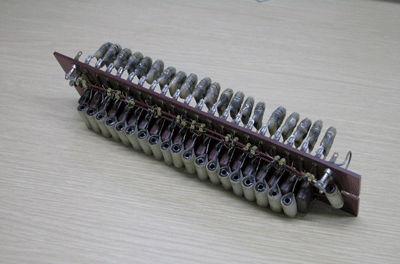It was in the week before Christmas. An older friend of mine dropped by, as he does so every few weeks. He is a university employee, not faculty, with whom I struck up a passing friendship shortly after starting at Oregon State.
We chatted for a while. He asked me how a recent work trip went. I told him that it was okay – not wonderful – it was a little tiring. He asked why. I explained that while I knew many people at the workshop, I didn’t feel at ease with many. I rambled mildly and idly about how I thought that it was a side effect of there being few women in the field, that I may feel more at ease if I had more female companionship on such work trips.
Well, he says, it won’t change.
Well, I counter, I hope it will.
No, he continues, it shouldn’t. You [points at me] should be at home, raising children. That is what women are good at.
My jaw drops. I pause. Hoping for him to chuckle. That it’s all a joke. It’s not a joke though. He went on to say that he’s old fashioned, but he thinks that engineering is for men. That women shouldn’t be doing this work.
I was caught off guard. What I expected to be an uplifting social visit, of the type that I had quite enjoyed in the past, resulted in my being on the defensive. My stunned state prevented me from making a commanding speech about equality and sexism. I did manage to say a few things along these lines. But I hardly made an impact. In the desire to not deal with this at present, I made it clear that he needed to leave.


